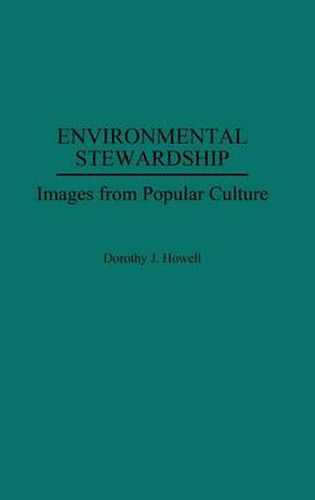Readings Newsletter
Become a Readings Member to make your shopping experience even easier.
Sign in or sign up for free!
You’re not far away from qualifying for FREE standard shipping within Australia
You’ve qualified for FREE standard shipping within Australia
The cart is loading…






This work addresses the cultural background of stewardship as a progression from individual personal aesthetics to a deeply informed environmental ethic that could become a national environmental policy. Howell begins by assessing our personal cultural background and our philosophical notions of our role in the natural world. She looks at the evolution of Western civilization and changing worldviews in relation to nature, examining especially early conceptions of a more appealing, simpler life closer to nature in contrast to the perceived civilized world that is portrayed as decadent. Howell examines archetypes from literature and the popular arts, finding examples in Jungian psychology and in contemporary film and television that support the Wild Man image and promote the Simple Life yearning. She then looks at the early 20th-century conservation and preservation writers as the most direct ancestors of today’s environmental movement and an immediate source of inspiration.
$9.00 standard shipping within Australia
FREE standard shipping within Australia for orders over $100.00
Express & International shipping calculated at checkout
This work addresses the cultural background of stewardship as a progression from individual personal aesthetics to a deeply informed environmental ethic that could become a national environmental policy. Howell begins by assessing our personal cultural background and our philosophical notions of our role in the natural world. She looks at the evolution of Western civilization and changing worldviews in relation to nature, examining especially early conceptions of a more appealing, simpler life closer to nature in contrast to the perceived civilized world that is portrayed as decadent. Howell examines archetypes from literature and the popular arts, finding examples in Jungian psychology and in contemporary film and television that support the Wild Man image and promote the Simple Life yearning. She then looks at the early 20th-century conservation and preservation writers as the most direct ancestors of today’s environmental movement and an immediate source of inspiration.